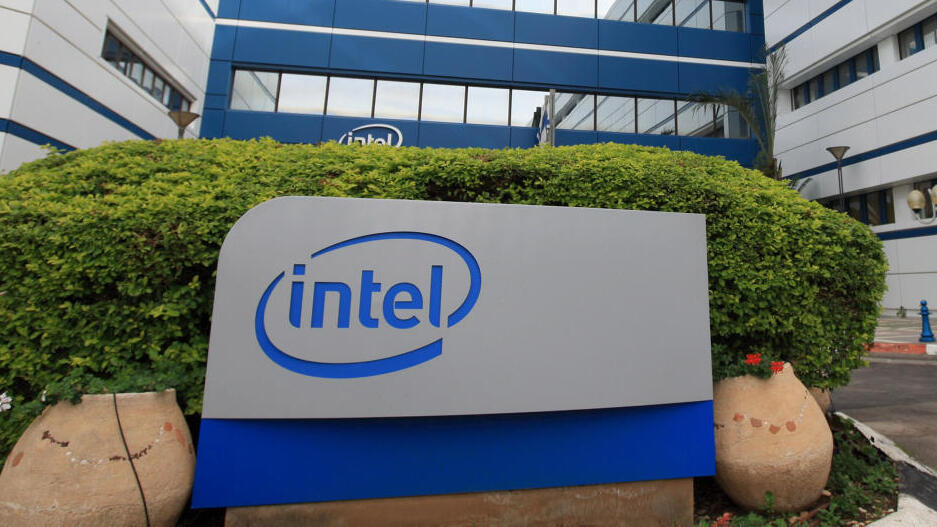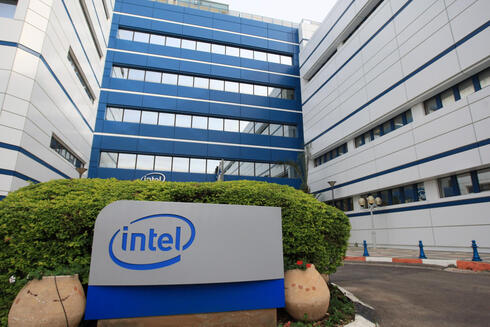
Intel’s Israeli workforce set to fall below 9,000, its lowest in over a decade
Ahead of the latest round of cutbacks, Intel employed about 9,350 people in Israel, down sharply from 10,800 in 2023 and a peak of 12,000 in 2021.
Intel’s once-unshakable position as Israel’s largest private employer is facing its deepest contraction in years, as the American chip giant last week expanded layoffs to its flagship production site in Kiryat Gat, a move that puts its local headcount on track to drop below 9,000 for the first time since 2012.
As of mid-2025, Intel employed about 9,350 people in Israel, down sharply from 10,800 in 2023 and a peak of 12,000 in 2021. The decline follows a series of aggressive global cost-cutting waves. A previous round of layoffs and voluntary retirements last year saw about 1,500 Israeli employees leave the company.
Intel’s retrenchment in Israel mirrors dramatic reductions elsewhere. Just last week, the company disclosed it would cut nearly 2,400 jobs at its Oregon sites, about 12% of its workforce in that state, and roughly 4,000 across the U.S., including operations in Arizona, California, and Texas.
For the first time, the cutbacks reached Intel’s flagship production plant in Kiryat Gat, Fab28, which employs about 3,500 people and produces chips using Intel’s aging 10-nanometer process. About 400 employees there already opted for early retirement last year; now, up to 200 more are losing their jobs as Intel automates its assembly line control room and pushes toward remote operation. In addition to technicians, dozens of middle managers are being cut as part of CEO Lip-Bu Tan’s push for a flatter corporate structure.
Related articles:
While the layoff rate at the fab itself appears lower than the global 15%–20% target, the impact is significant, and has reignited doubts about the fate of Fab38, the gleaming new facility rising next door.
Fab38 was first announced in 2019 as part of a $10 billion investment meant to secure Israel’s place in the next generation of semiconductor manufacturing. In 2023, Intel and the Israeli government unveiled an expanded plan that would add $15 billion more to the project. But those ambitions have since run into financial and strategic headwinds.
